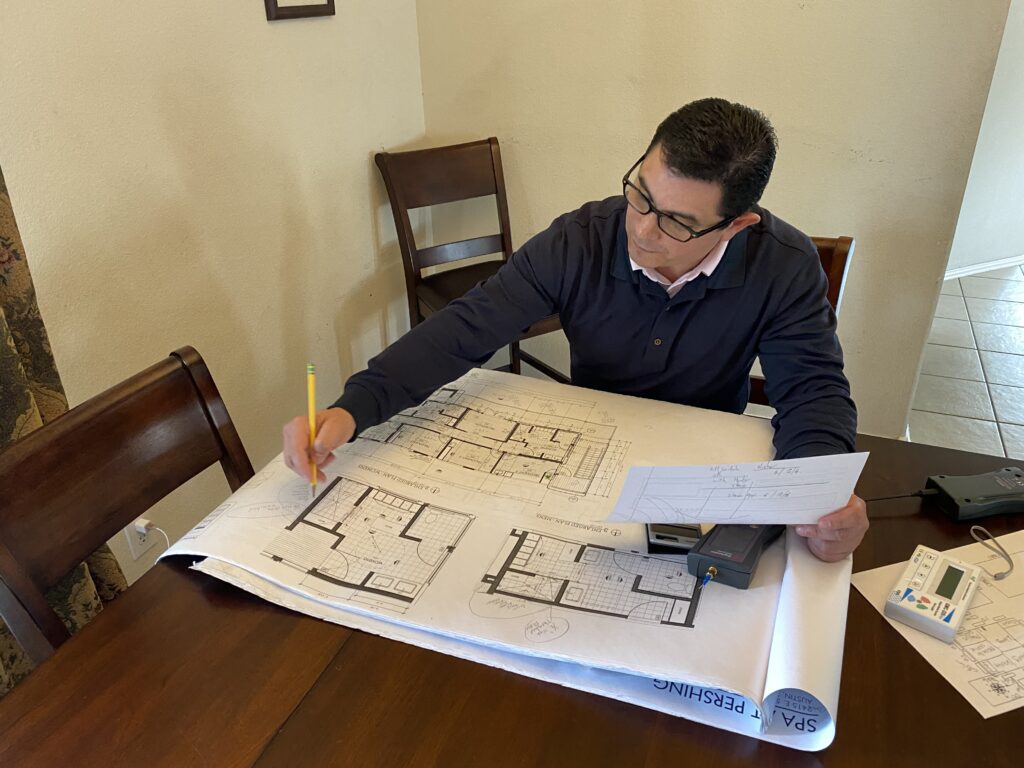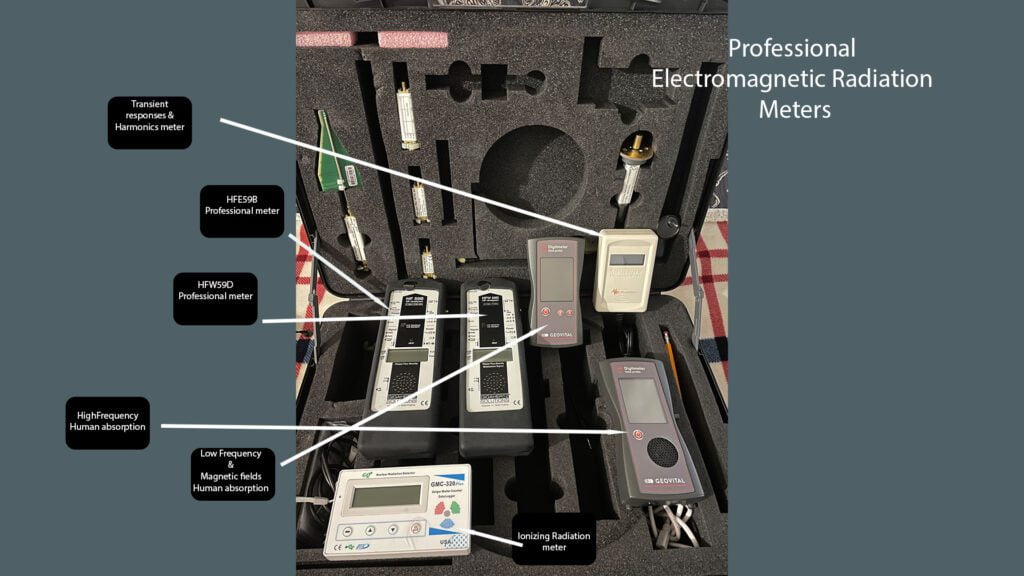The Essential Role of Professional EMF Specialists: Ensuring Safety and Accuracy in Electromagnetic Field Assessments

In today’s world, where technology is deeply ingrained in our daily lives, concerns about electromagnetic field (EMF) exposure have become increasingly prevalent. From the rise of wireless communication to the widespread use of electronic devices, we are constantly surrounded by EMFs. As awareness of the potential health risks associated with EMF exposure grows, the demand for EMF assessments has surged. However, it’s crucial to recognize the distinction between professional EMF specialists and non-professionals when it comes to conducting these assessments.
The Importance of Expertise:
Professional EMF specialists undergo rigorous training and education to understand the complexities of electromagnetic fields and their potential impact on human health. They possess the knowledge and expertise needed to accurately assess EMF levels, identify sources of exposure, and recommend appropriate mitigation strategies.
Accurate Assessment:
One of the primary reasons to choose a professional EMF specialist is the assurance of accuracy in assessment. Professional specialists utilize specialized equipment and measurement techniques to precisely quantify EMF levels in various environments. This accuracy is essential for identifying potential health risks and implementing effective mitigation measures.
Understanding Complexities:
EMF assessments involve more than just measuring radiation levels. Professional specialists have a deep understanding of the complex interactions between different types of EMFs, such as electric fields, magnetic fields, and radiofrequency radiation. They can assess the cumulative impact of these fields on human health and provide comprehensive recommendations based on their findings.
Mitigation Strategies:
After conducting an EMF assessment, professional specialists are equipped to recommend tailored mitigation strategies to reduce exposure levels. These strategies may include repositioning electronic devices, implementing shielding measures, or modifying the electrical wiring of a building. By working with a professional, clients can trust that they are receiving evidence-based recommendations to protect their health.

Regulatory Compliance:
Professional EMF specialists are also well-versed in regulatory standards and guidelines pertaining to EMF exposure. They ensure that assessments are conducted in accordance with established protocols and that recommendations adhere to industry best practices. This commitment to regulatory compliance instills confidence in the reliability and integrity of the assessment process.
Peace of Mind:
Choosing a professional EMF specialist provides peace of mind for clients concerned about their exposure to electromagnetic radiation. By entrusting the assessment to a qualified professional, clients can feel confident that their health and safety are being prioritized.
Conclusion:
In an era where EMF exposure is a growing concern, the role of professional EMF specialists cannot be overstated. Their expertise, accuracy, and commitment to regulatory compliance ensure that assessments are conducted with precision and integrity. By choosing a professional specialist, clients can take proactive steps to safeguard their health and well-being in an increasingly connected world.